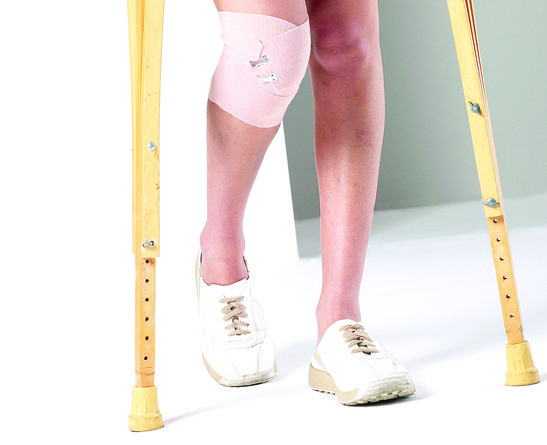Each year, more than 3 million people in the United States are injured in a job-related accident. Fortunately, many of them are eligible for workers compensation, which can cover their medical bills and lost wages. However, you can go wrong when filing, and it may cost you a great deal. Here are seven mistakes to watch out for as you go through the process of obtaining compensation for your injury.
1. Not filing a report.
While it’s true that some injuries don’t present themselves immediately, it’s vital that you report that injury as soon as possible. If you have an employee handbook, follow the protocol outlined there. If not, write down what happened with the date and time of the injury, and submit it to your superiors.
2. Seeing only one doctor.
It’s very possible that your employer will send you to a physician of their choosing for an assessment of your injury. However, this might serve their own interests, not necessarily yours. Always get a second opinion from a healthcare professional one would consider more impartial.
3. Talking too much.
When it comes to your employer or the insurance company, answer their questions honestly. But do not volunteer a lot of information that they did not request. You should also avoid posting about the incident on social media. There’s no telling what you might say that completely blows your case.
4. Being vague with the doctor.
One person who does need the details is the doctor you choose to see post-injury. Let them know how the injury happened, and exactly how it is impacting you now. This will contribute to valuable records that could serve your case well. If your employer fights your claim, a doctor’s word will become more than helpful; it could serve as the basis for you being awarded what you’re owed.
5. Ignoring a doctor’s advice.
Failure to follow recovery instructions can lead to not getting the full amount of compensation you need. If you’re already receiving some benefits, they could be cut if, for instance, you do not attend physical therapy.
6. Being lax about deadlines.
What can a workers compensation law firm do for you? One of the biggest upsides is that they’re well-versed in the process of obtaining compensation, and know when various filings and types of information are due. If you miss a deadline or fail to include all the information required, you could miss out.
7. Remaining unemployed.
You should return to work when your doctor gives you the okay. Have your doctor confirm whether or not you need to be accommodated in any special ways post-injury. In the event you can no longer return to your regular place of employment, you should ask about vocational training or placement as part of your compensation package.
Sometimes, worker’s compensation can be trickier to get than you thought. Even if your injury and the cause is obvious, the process provides plenty of room for error. Therefore, it’s a wise idea to get an attorney who can guide you through.




